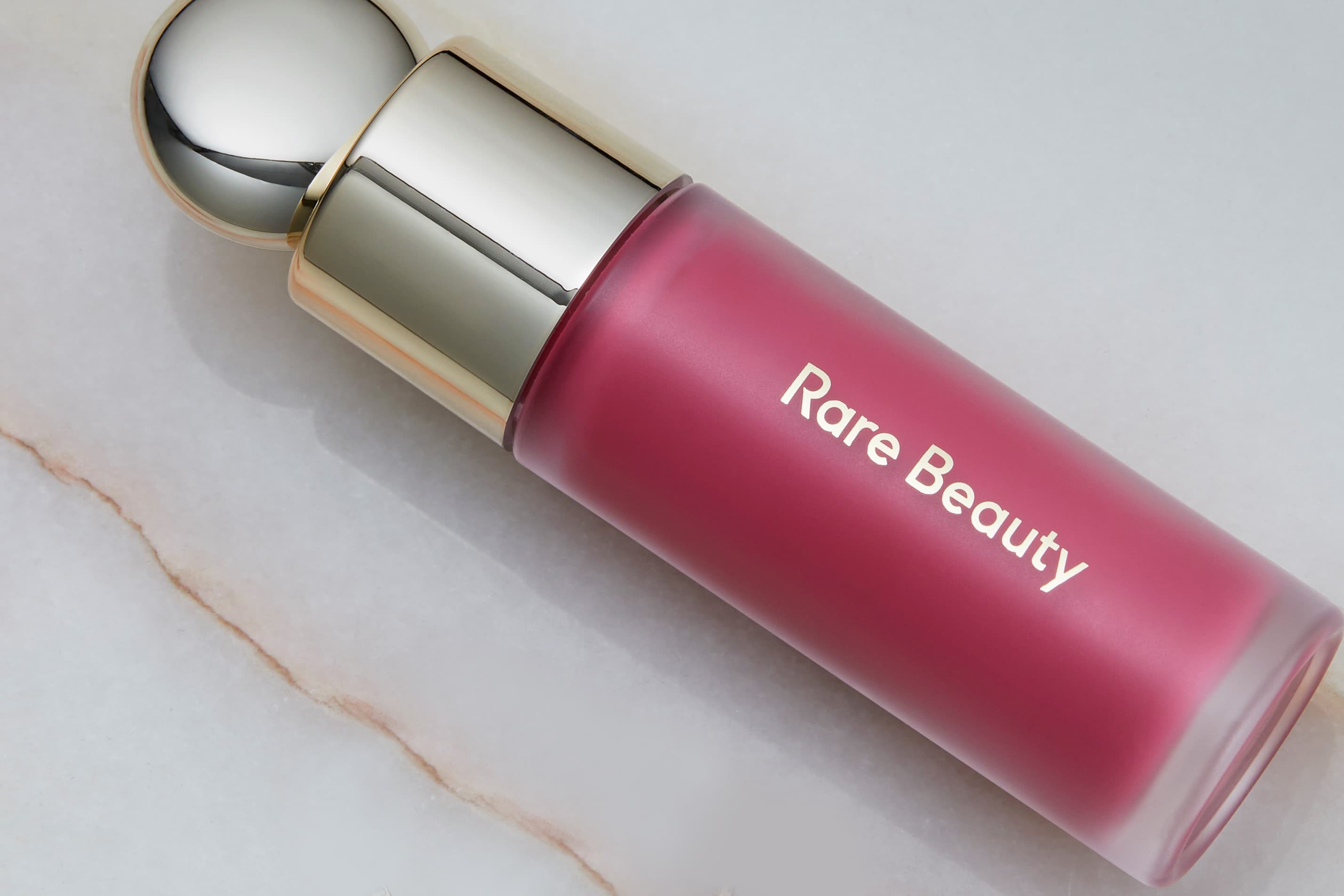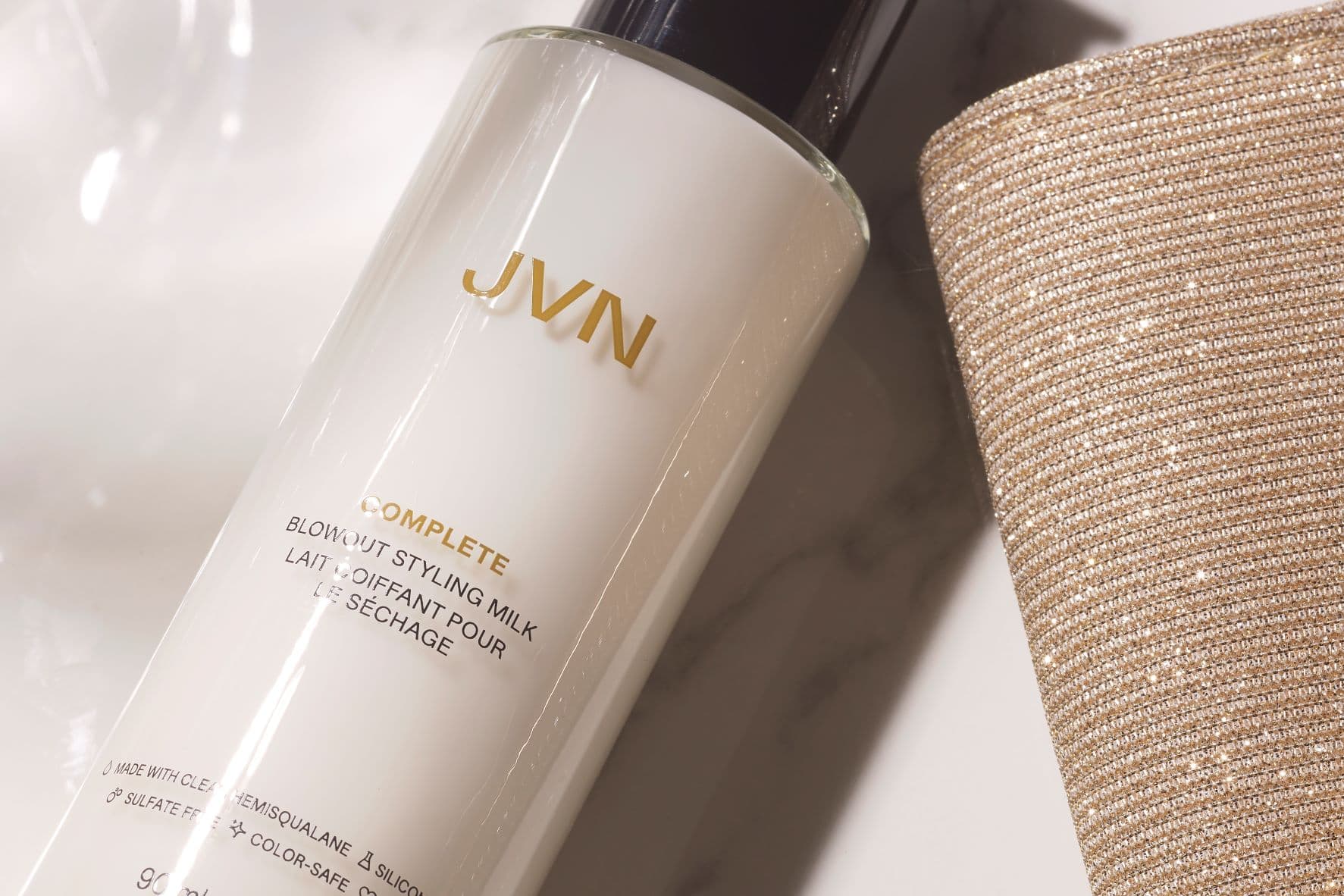Everything You Need To Know About Peptides for Skin

Why are peptides having a moment right now? “Beauty shoppers are more knowledgeable than ever before and are conscious of spending their money on evidence-based products,” explains Dr. Deepa Panch, an NHS surgical and aesthetic doctor. “Peptides fall into this category nicely as they are proven to target specific skin concerns such as hyperpigmentation, acne and inflammation,” she adds.
If you’re looking to learn a little more about the benefits of peptides, you’re in the right place. Read on to find out what peptides do, what are the best peptides for skin and how to use peptides in your skincare routine. Plus, we will answer your burning questions like ‘can you use peptides with retinol?’ and ‘how to use peptides in your skincare routine?’
What do peptides do?
To understand what peptides do, it’s important to get your head round what they actually are. “Peptides are small chains of amino acids, which are the building blocks that make up proteins such as collagen and elastin,” Dr. Panch clarifies. Within skincare, peptides can penetrate the skin and communicate with cells, triggering specific responses that can improve its appearance. The benefits of peptides are actually quite wide ranging as they work in various ways depending on their composition.
Dr. Panch highlights how some act as messengers and others as inhibitors: “Messengers signal to cells to produce more collagen which is the protein responsible for maintaining firmness and elasticity in your skin, while inhibitors block signals that lead to the breakdown of collagen and elastin, which helps prevent the formation of fine lines and wrinkles.”
Beyond these two key functions, peptides can enhance your skin's natural repair processes, aiding wound healing, reducing inflammation and regulating melanin production.
What are the different types of peptides?
To work out what the best peptides for your skin are, you need to remember everyone is different. The best peptides for skin varies from person to person. Different peptide formulations offer different benefits and suit different skin types.
Copper peptides
Like the name suggests, this ingredient combines peptides with the element copper. “Copper peptides promote collagen production which can reduce the signs of lines and wrinkles and protect against oxidative stress by neutralising free radicals,” Dr. Panch explains. Copper peptides for skin are known to aid in wound healing and calming inflammation so they are a great choice for sensitive skin.
Collagen peptides
As mentioned earlier, peptides make up proteins, like collagen, in your skin. Collagen peptides for skin are therefore a form of collagen that has been broken down into smaller molecules. “When applied to the skin, collagen peptides offer a range of benefits, including improved elasticity, hydration, wound healing, protection against UV damage and promotion of skin regeneration,” Dr. Panch notes.
Signal peptides
These peptides fall in the messenger category and are tiny molecules that communicate with cells to stimulate specific responses. “Signal peptides can trigger the production of collagen, the protein responsible for maintaining skin firmness and elasticity,” Dr. Panch points out. When the production of collagen is triggered by the peptide, this can help reduce the appearance of fine lines and wrinkles. The result? Smoother and more youthful looking skin.
Carrier peptides
Carrier peptides also work like messengers and play a crucial role in the delivery of specific substances to targeted areas within your skin. They work by guiding the way for these ingredients. “By acting as molecular carriers, these peptides can transport active ingredients, such as antioxidants, vitamins, and moisturisers, deeper into your skin, where they can be most beneficial,” Dr. Panch explains. Copper peptides are actually an example of a carrier peptide, as the peptide helps the copper reach the areas that need the most help with wound healing.
Inhibitor peptides
These peptides work in reverse and are known as blocking peptides. They work hard to prevent specific processes in the skin that lead to ageing or damage. “They block signals that trigger the breakdown of collagen and elastin,” says Dr. Panch. “By doing so, inhibitor peptides help maintain your skin's structure and reduce the formation of wrinkles and fine lines,” she adds. They can also help with creating a clearer and more radiant complexion by blocking melanin production (the cause of pigmentation and dark spots).
What are the best peptides for my skin?
In order to choose the best peptide product for your skin, it’s important to take into account both your skin type and goals. “Those with dry skin should look for peptide products with hydrating ingredients like hyaluronic acid or ceramides to replenish moisture,” Dr. Panch notes.
NATURIUM Multi-Peptide Advanced Serum, £27.00 is a good choice here as it hydrates and smoothes the complexion while helping to improve the skin’s elasticity. “Whereas those with oily or acne-prone skin may opt for lightweight, non-comedogenic peptides that are formulated with ingredients like niacinamide or salicylic acid to help control oil production and minimise breakouts,” Dr. Panch advises. If this sounds like you, take a look at Medik8 Clarity Peptides, £45.00 with 10% niacinamide.
It’s also important to choose the right peptides in skincare products based on your skin concerns. “For example, signal peptides are effective for promoting collagen production and skin renewal, while copper peptides are known for their wound healing properties,” Dr. Panch adds. Try Drunk Elephant Protini Polypeptide Cream, £21.00 which comes with signal peptides (including collagen peptides for skin) and Niod Copper Amino Isolate Serum 3 1:1, £46.00 which contains copper peptides for skin.
How to use peptides in your skincare routine
When using peptides in skincare products, you need to apply them correctly. Whether you’re using a peptide cream, peptide serum or peptide eye cream, it’s worth noting that peptide products should be applied first after cleansing. “If you are using other active ingredients like retinoids, vitamin C or exfoliants, these must be applied after your peptide product,” Dr. Panch stresses.
Peptides can be used as part of your morning or evening routine, or both. However, sometimes you do need to proceed carefully. “If you’re using multiple active ingredients in your routine, you may choose to use peptide products once a day to avoid overloading the skin,” Dr. Panch cautions. As is always the case, the final step in any morning skincare routine should be a broad-spectrum sunscreen to protect your skin from UV damage.
Can I use peptides with retinol?
Peptides and retinol can be a winning combination to help improve skin firmness, elasticity, and reduce the appearance of fine lines and wrinkles. “While peptides signal cells to produce more collagen, retinol enhances the turnover of skin cells, allowing newly produced collagen to replace old, damaged cells,” Dr. Panch says. However, as both can cause irritation, especially when used in high concentrations, it is essential to introduce them gradually. Try alternate days to start with until your skin builds tolerance.
Can I use peptides with ceramides?
These two ingredients work seamlessly together to strengthen your skin barrier, boost hydration and protect against environmental stressors. “Ceramides contribute to the skin's suppleness and softness, while peptides promote collagen synthesis and cellular turnover, resulting in a smoother, more even complexion,” Dr. Panch notes. While peptides and ceramides are generally well-tolerated by most skin types, those with very sensitive skin might want to introduce new products slowly with patch testing just in case.
Our Final Thoughts on Peptides for Skin
Suitable for a wide variety of skin types and successful at tackling some of the most common skin concerns, peptides are an ingredient that everyone can have in their skincare cabinet. Flexible in their use and simple to incorporate into your skincare routine, they are an easy addition. Whether you’re looking for skin healing, more plumpness or a reduction in fine lines, select a peptide product based on your requirement and watch for noticeable changes to your skin.
Read More
• The Best Vitamin C Serums and Creams• How does Niacinamide Skincare Work? • The Skincare Ingredients to Plump Your Skin Overtime
• Our Beginner's Guide to Retinol • Can you use vitamin C with retinol?




